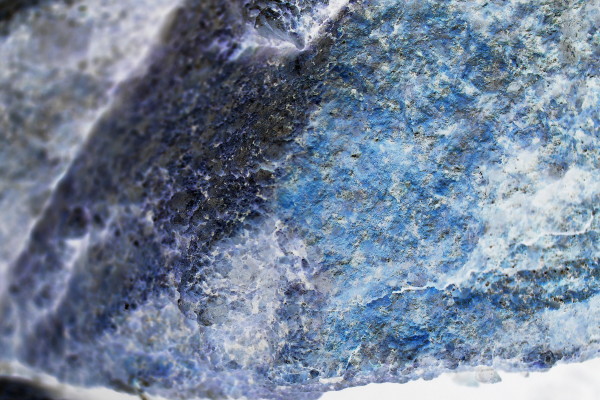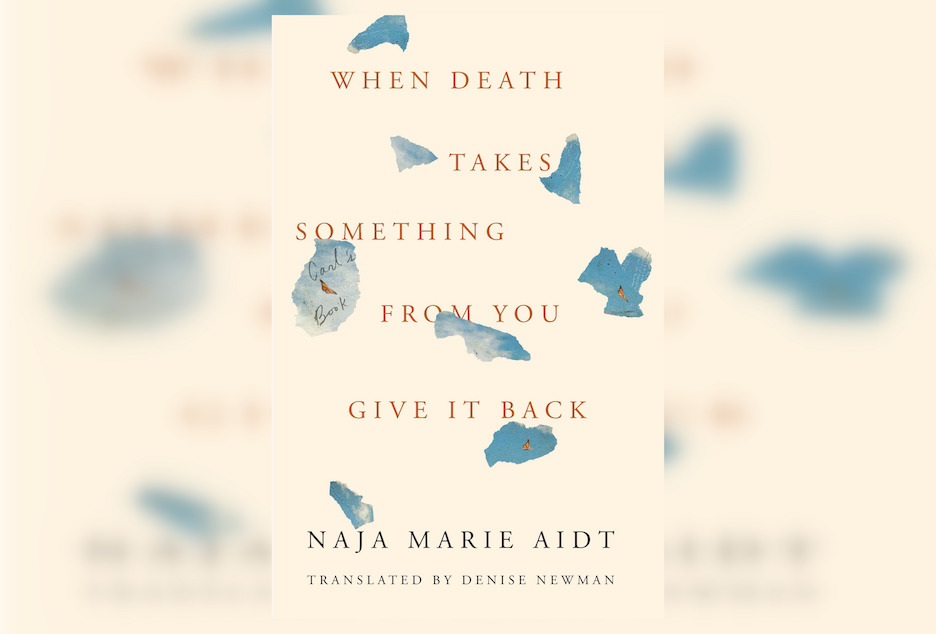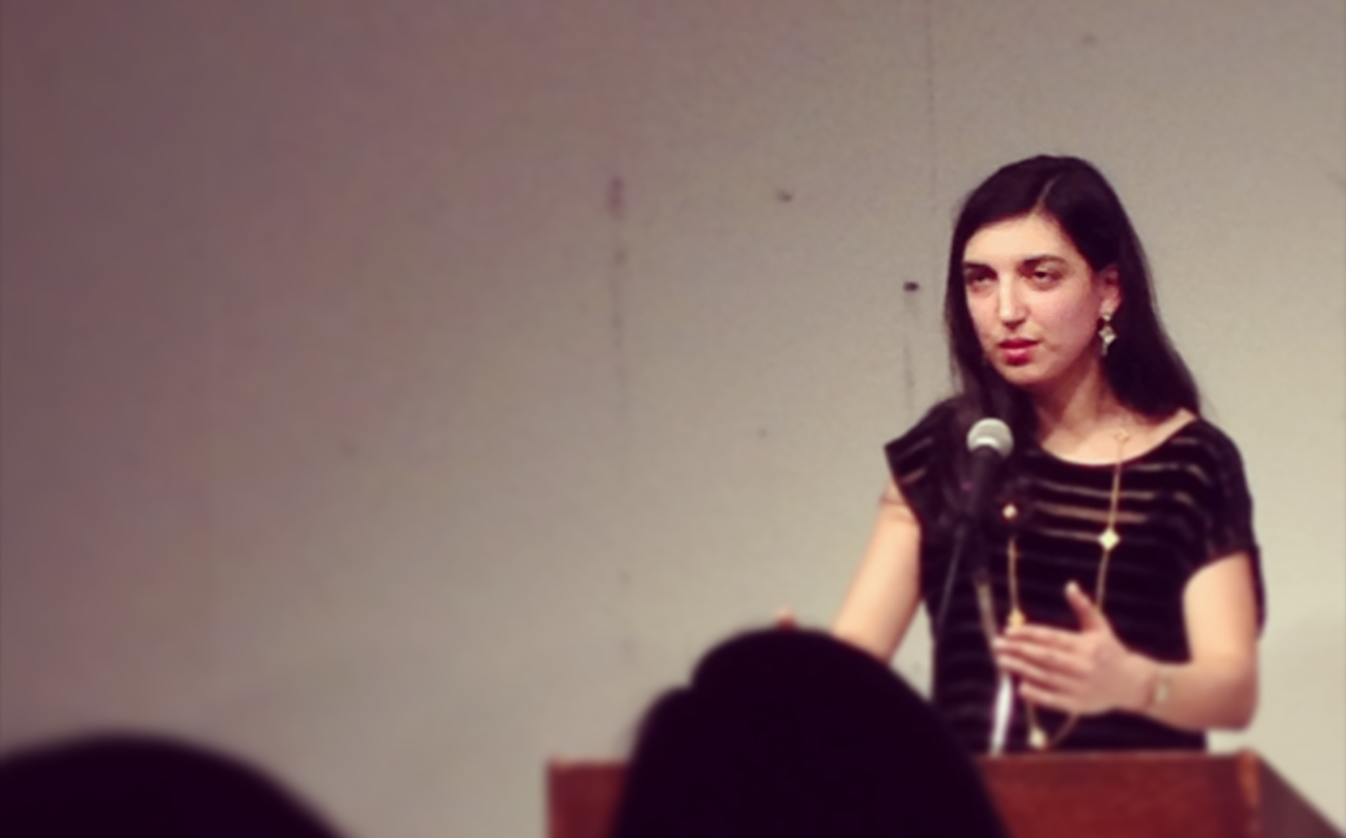In an apartment at the end of a long road, in a quiet little town somewhere in America, a woman discovers that she is pregnant. She feeds her body and growing fetus with meat purchased from the local grocery store, meat that came from a cattle on a feedlot, which was shipped to the slaughterhouse, where the animal was carved up until it was a pile of head and hooves and blood and cattle id tags.
The pile of remains was sent to a rendering plant, along with hundreds of pounds of other rotting carcasses, with the corpses of euthanized cats and dogs from animal shelters, with poultry waste, with road kill picked over by vultures, with dead pets left with veterinarians, and with all the other incidentals of meat-making and of dying. The immense heap of animal discards, subject to the ravenous appetite of maggots and microbes, was then chopped and shredded, cooked into a soup and eventually shipped off as a food enhancer for fish, hogs, cattle and chickens, even for beloved pets.
This meat the mother eats, perhaps a roast or a hamburger, has traveled from farm to slaughterhouse to store and through the human digestive tract. But it has also traveled through the rendering plant that recycles the remains of living things and has been shipped back to the farm and into the mouths of babes again, making beautiful new creatures on two legs and four. For thousands of years, man has been recycling, feeding the perpetual engine that creates living things.
The prospective mother, host to millions of organisms in her gut, in her organs and on her skin, feeds her fetus of her body, of that which she eats, until the baby is a separate being, at which time the mother will nurse her infant as any other mammal, with the milk she makes from the eggs and bacon she ingests, until the infant is developed enough to eat the food she brings home from the grocery store. She and her baby will produce hundreds of gallons of excrement and urine, disposing of enough nutrients to nourish a garden of food for their little family. Every day, mother and child will throw away more than eight pounds of trash, much of it compostable and recyclable, and will use more than 100 gallons of water, which will then be reclaimed and used again and again.
The child will grow as other organism grows, one child of the 100 billion humans who have walked on this planet, while the mother continues to ripen and age, falling into disrepair and decay, moving silently into nature’s open arms, where her heart will stop and her brain cells will die, but her bone and skin cells will stay alive for days. Bacteria will busy themselves, breaking down the body from the inside, giving back to the earth what the mother’s own mother borrowed in utero, what the mother continued to take from nature until her last breath, when the end was reached, coming full circle, uniting once again with the recycler, repurposing molecules, enriching mother earth with the potential of new life. At the time of her death, her organs will have been removed and shared, salvaged if possible, for those humans who need new parts.
She will be no more, but memories of her will live, for a while at least, with those she touched. Her genetic material, similar to that of the cattle or the hog, will flow like a river through her child and into the next generation and the next and the next, a blind, mute, renewable soul passing through time and space and belonging to no one.
Nature, like man, is a great recycler of materials and souls.
—
Deborah Mitchell has a BA in English from North Carolina State University and a MA in humanities from the University of Texas at Dallas. Her writing has appeared in No Exit, Concho River Review, Baltimore Review, Sanskrit. ZuZu Petals, Mothering, Salon, CounterPunch, Brain Child and many others. She is the author of Growing Up Godless: A Parent’s Guide to Raising Kids without Religion.




